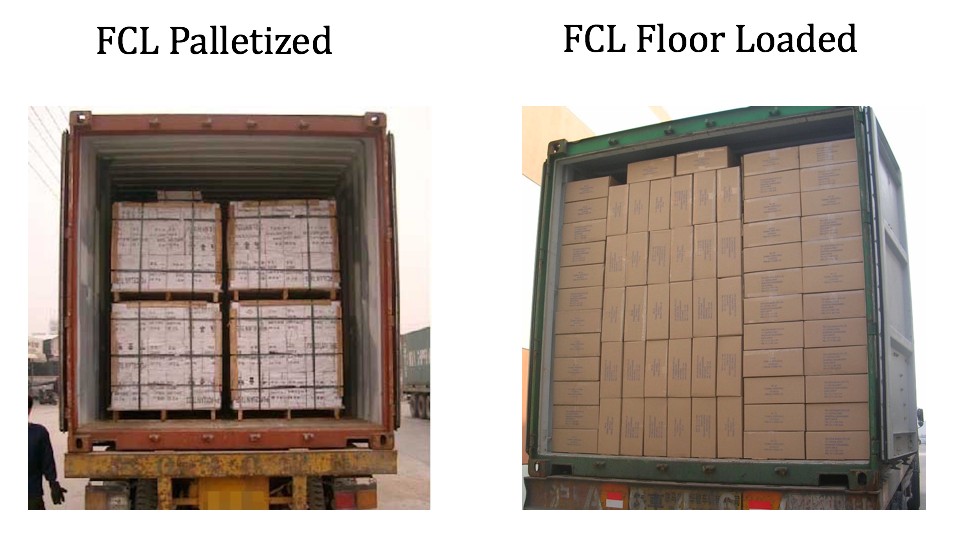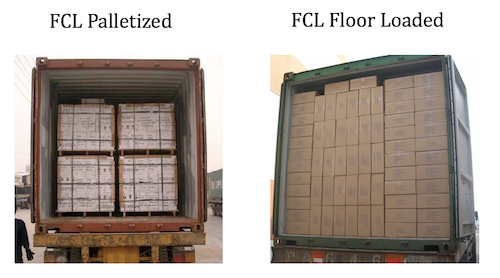Help Center Article
Should I Palletize My Cargo?
You can choose whether or not to palletize your cargo, and at what point in the shipment you would like to palletize. Your decision to palletize will depend on factors such as the fragility of your cargo, the destination of your cargo, and the mode of transit by which you cargo is being shipped.
Should I Palletize My Cargo?
Palletization is the act of shrink-wrapping loose cargo on top of pallets to increase the ease of handling, speed of loading, and protection of the cargo during the transportation process.
Fragile cargo should be palletized to protect it from damage during transit.
Palletized cargo will be easier and faster for the destination warehouse to unload, but pallets affect the quantity of products you’ll be able to ship. Your shipment’s transportation mode (FCL, LCL, Air) will also affect the choice of palletization.
If your shipment is going to Amazon, see Amazon’s palletization requirements**. **
FCL
If you’re shipping FCL (full container load), then you have an entire container to fill with your cargo. If you choose to palletize your FCL shipment, you won’t be able to fit as many cartons because pallets themselves take up space in the container. However, palletized cargo will be easier and faster to unload, because the destination warehouse will be able to use machinery.
If you floor load a FCL shipment, then the destination will have to unload the shipment by hand. It may take longer for the warehouse to unload the shipment than the trucker will wait, so a live unload will not be possible and the trucker will have to do a drop. Some warehouses may not be willing to accept a floor-loaded shipment at all, so check with your destination warehouse before you decide whether or not to palletize your FCL shipment.


LCL
If you’re shipping LCL (less than container load), palletization is recommended for high-value cargo, in order to minimize the risk of damage. Palletization at origin will add to your freight costs because of the additional weight of the pallets. Floor-loading is recommended if you are looking for lower shipping costs.
Your LCL will be palletized at destination if it was not palletized at origin. Once the shipment has been deconsolidated at the CFS (container freight station), the CFS will palletize the cartons because truckers will not pick up floor-loaded cartons (with the exception of cartons going to Amazon via Fedex). Palletization may incur a pallet exchange fee, unless you are using Flexport’s LCL service.
Air
If you’re shipping air, your shipment may not be able to be palletized, because the pallets will take up too much of the limited space on a plane. If your cargo is unpalletized, the airline will be able to consider both the weight and volume of your cargo and load the plane accordingly. An unpalletized shipment may be split to ensure a safe flight. Shipments are more likely to be split on deferred flights.
If your air cargo is palletized, the airline may allow a trucker to pick up the palletized cargo, or the airline may require that the pallets be broken down at the airport. Your Flexport team will keep you updated on the requirements of the airline.
Note: If you know your shipment will be palletized, enter the pallet count and dimensions when you submit a quote request.
